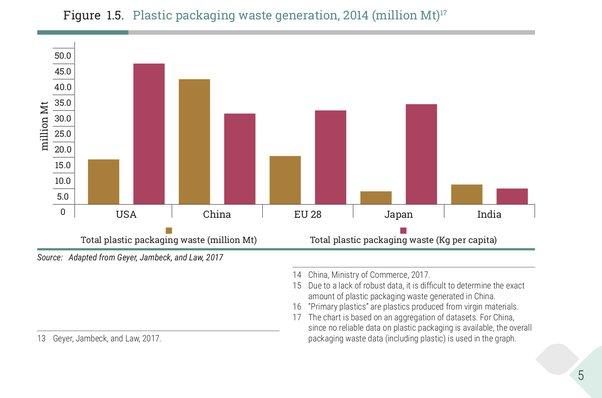Defeat plastic.Relationship between the current state of plastic garbage and the expenditure of the household budget
Defeat plastic.Relationship between the current state of plastic garbage and the expenditure of the household budget

Suddenly, it is a quiz.In 2015, how much plastic produced worldwide is estimated?(1) 3.8 million tons (2) 38 million tons (3) 380 million tons correct is (3) 380 million tons.According to the OECD (Economic Co -operation and Development Organization), the production volume in 1950 was about 2 million tons, but the production volume increased to the right and it was 190 times ( * 1).This time, let's think about the current state of plastic garbage, what we can do to reduce plastic garbage, and how to reduce plastic garbage.
How much plastic is made?
Plastic is cheap and lightweight.It is said to be highly safe, and it has been useful for several decades for several decades because it is easy to process.A survey of Georgia University's research teams published in the science of science magazine in the United States ( * 2) states that the total amount of plastic produced from 1950 to 2015 was 8.3 billion tonnes.I am surprised that this number is about 26 times the weight of all humans.I think many plastic products around you are relatively lightweight.For example, plastic bottles and shopping bags.Each one is easy to carry.Since it is 8.3 billion tons of piles, you can see how many are made?
What is going on with plastic garbage now?
By the way, plastic is produced in large quantities like this, but do you know what will happen in the end?As you may have expected, most of them have been discarded.Discarding means that many people buy many plastic products.According to the above -mentioned research team, out of 8.3 billion tons of 8.3 billion tons produced between 1950 and 2015, 6.3 billion tons, about two -thirds, became "garbage."Many of this garbage are landfilled.The remaining part is incinerated, and some are recycled, but unfortunately all garbage is not properly processed, and some are leaked into the sea.The outflow is 8 million tons per year (quoted from the Ministry of the Environment website ( * 3)).In late November 2019, the news was reported in the news that 100 kg of plastic garbage was discovered from a whale's body launched on the Beach of Scotland ( * 4).It is thought that the stomach was filled with plastic and died without eating other food.In other words, starvation.This is only an example.It is a fact that was launched by a beach and found from an dissection of humans, and there are many creatures in the sea that leave without being noticed by humans.In recent years, micro plastic, which has become a big topic, is a type of plastic garbage.It is suggested that the ecosystem may be greatly involved in the sea, because it is very detailed and difficult to collect, and the creatures swallow them unintentionally.You may have seen the news that microplastics were found in fish and seabirds.It is possible that the fish lined up on our dining table also contain this.In addition, seaweeds such as seaweed, salt of seasonings, and microplastics are already deeply involved in our lives, not just a matter of sea creatures.Plastic products are full of life.For example, if you go to a 100 -yen uniform shop, you can get everything, such as kitchen tools, cleaning tools, food, and children's toys.With the cheapness of all 100 yen (now there are various prices products), "I should throw it away if it breaks and buy a new one." "Let's buy it for a trial.It is easy to do it.This is not a good idea not only in increasing plastic garbage, but also in terms of expenditure of households.Plastic products that are often inexpensive and easy to buy.Let's consider whether you really need the product you have now or if you have to buy it now.If you decide that you don't need it right away, you can reduce impulse buying and waste.If waste decreases, your household expenditure will naturally decrease.As you review your household budget, you may naturally reduce plastic garbage.
